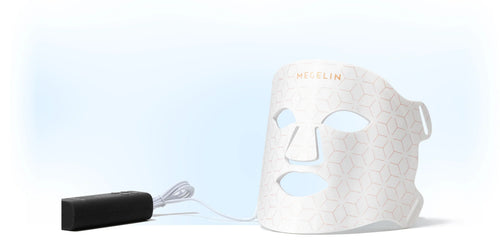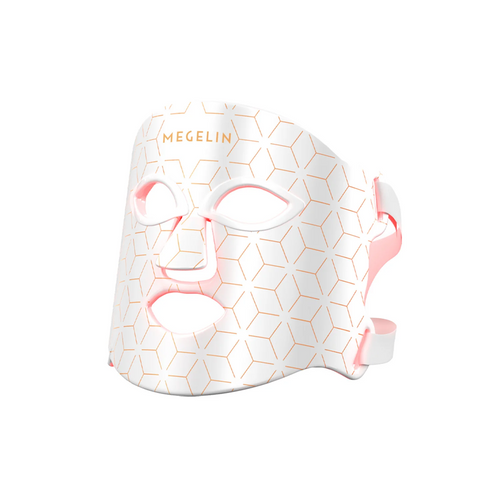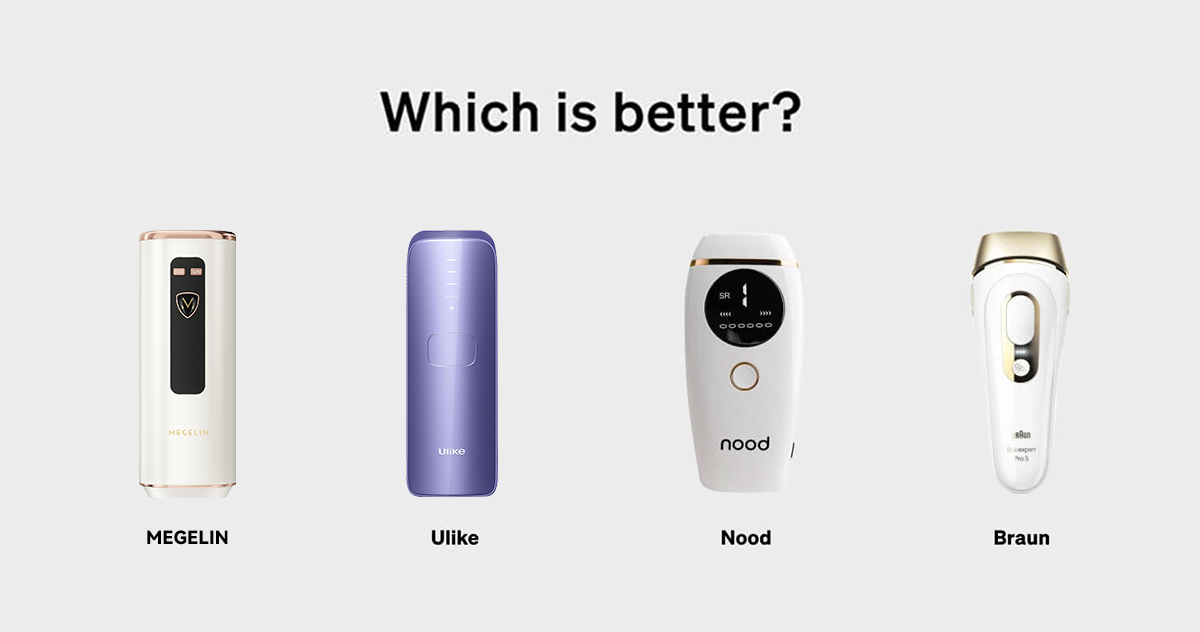
How to Reduce Brain Inflammation: Effective Natural Methods
2MegelinBrain inflammation is a serious condition that can have far-reaching effects on overall health and cognitive function. This silent threat has been linked to various neurological disorders, including Alzheimer's disease, and can lead to symptoms such as mental fog, memory issues, and even a burning sensation in the brain. Understanding how to reduce brain inflammation is crucial for maintaining optimal brain health and preventing long-term damage.
In this article, we'll explore effective natural methods to decrease brain inflammation. We'll delve into the science behind brain swelling and discuss practical strategies to combat it, including dietary changes, lifestyle modifications, and specific supplements. Additionally, we'll examine the potential benefits of innovative therapies like red light therapy for brain health and its impact on reducing inflammation in the brain. By the end, readers will have a comprehensive understanding of how to address brain inflammation using natural approaches.
Understanding Brain Inflammation
What is brain inflammation?
Brain inflammation, also known as encephalitis, occurs when the active tissues of the brain become inflamed due to an infection or an autoimmune response. This inflammation causes the brain to swell, leading to various symptoms. When the inflammation affects the lining of the brain (meninges), it's called meningitis.
Common causes
Encephalitis can result from viral or bacterial infections or from the body's immune system mistakenly attacking the brain. In the United States, viral meningitis is more common due to widespread vaccination against bacterial causes. Common viral causes include herpes simplex virus, varicella-zoster virus, and enteroviruses. Mosquito-borne and tick-borne viruses can also lead to encephalitis.
Symptoms to watch for
Initial symptoms of encephalitis often resemble the flu, including fever, headache, and fatigue. As the condition progresses, more severe symptoms may develop, such as:
- Confusion and disorientation
- Seizures
- Sensitivity to light and sound
- Neck stiffness
- Memory loss
- Hallucinations
- Movement disorders
- Loss of consciousness
In autoimmune encephalitis, symptoms may develop more slowly over several weeks, including personality changes, psychosis, and trouble walking.
Natural Methods to Reduce Brain Inflammation
Anti-inflammatory diet
A diet rich in healthy fats, antioxidants, and anti-inflammatory foods can help reduce brain inflammation. Omega-3 fatty acids, found in wild-caught salmon and flaxseeds, have been shown to alleviate oxidative stress and inflammation associated with dementia and Alzheimer's disease. Antioxidant-rich foods like blueberries, grapes, and green tea can protect against neurodegenerative diseases. Curcumin, found in turmeric, has powerful anti-inflammatory capabilities. Fermented foods support gut health, which is crucial for brain health.
Stress reduction techniques
Practicing stress-reduction techniques such as meditation, yoga, or breathwork can help control the body's stress response and cortisol levels, which can trigger inflammation. Studies have shown that experienced meditators have lower cortisol levels and perceived stress, as well as a smaller neurogenic inflammatory response compared to control groups.
Regular exercise
Daily movement has anti-inflammatory benefits for the brain and body. Exercise has been shown to improve cognitive function and brain health. It activates endogenous protective and recovery systems, altering gene expression and producing factors involved in trophic effects, energy metabolism, antioxidation, and anti-inflammation.
The Role of Red Light Therapy in Reducing Brain Inflammation
Red light therapy is an emerging treatment that has shown promise in reducing inflammation, particularly in neurological conditions like encephalitis. This therapy involves using low-level wavelengths of light to penetrate the skin and tissues, promoting healing at the cellular level. When applied to the head, red light therapy can help reduce the inflammatory response in the brain by stimulating the production of anti-inflammatory cytokines and enhancing mitochondrial function.
Studies suggest that red light therapy may improve brain function and reduce symptoms of encephalitis by decreasing oxidative stress and promoting neurogenesis. This non-invasive treatment is gaining attention for its potential to support brain health and mitigate the effects of brain inflammation without the need for medications that may have adverse side effects.
Quality sleep
Prioritizing quality sleep is essential for repairing the brain, as chronic sleep deprivation can promote inflammation. Getting 7-9 hours of sleep per night is crucial. During sleep, the brain reorganizes and recharges itself, removing toxic waste byproducts that accumulate throughout the day.
Supplements and Therapies
Certain supplements and therapies can further aid in reducing brain inflammation. Red light therapy is one such innovative approach that can complement natural remedies and lifestyle changes, offering a holistic way to address brain health.
Conclusion
Reducing brain inflammation is vital for protecting your cognitive health and overall well-being. By incorporating natural methods such as an anti-inflammatory diet, regular exercise, stress management, and innovative treatments like red light therapy, you can effectively combat the symptoms of encephalitis and support brain recovery. Understanding and addressing brain inflammation with these strategies can help you maintain mental clarity, improve your quality of life, and prevent long-term damage. Explore these methods and take proactive steps to ensure your brain stays healthy and resilient.








